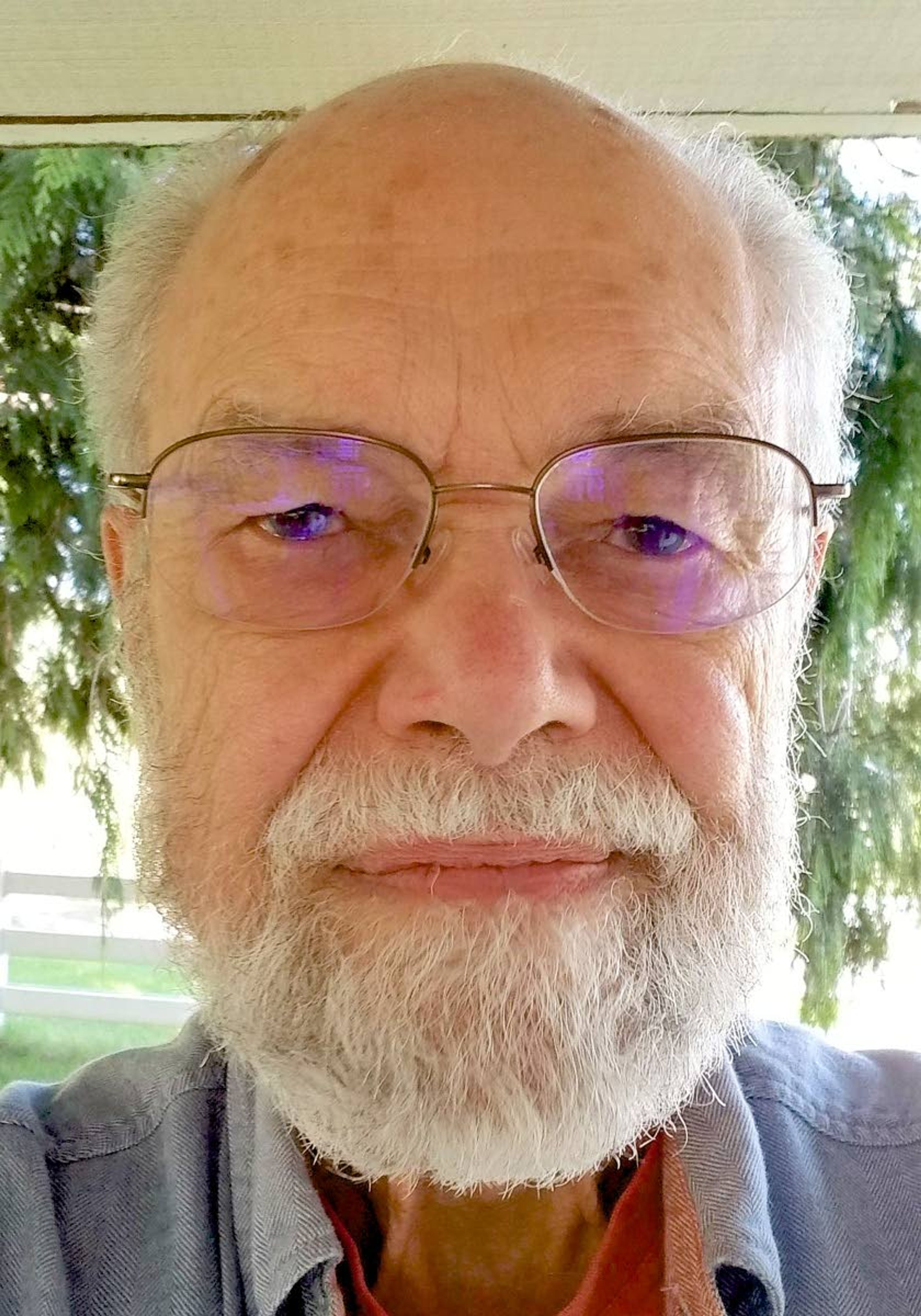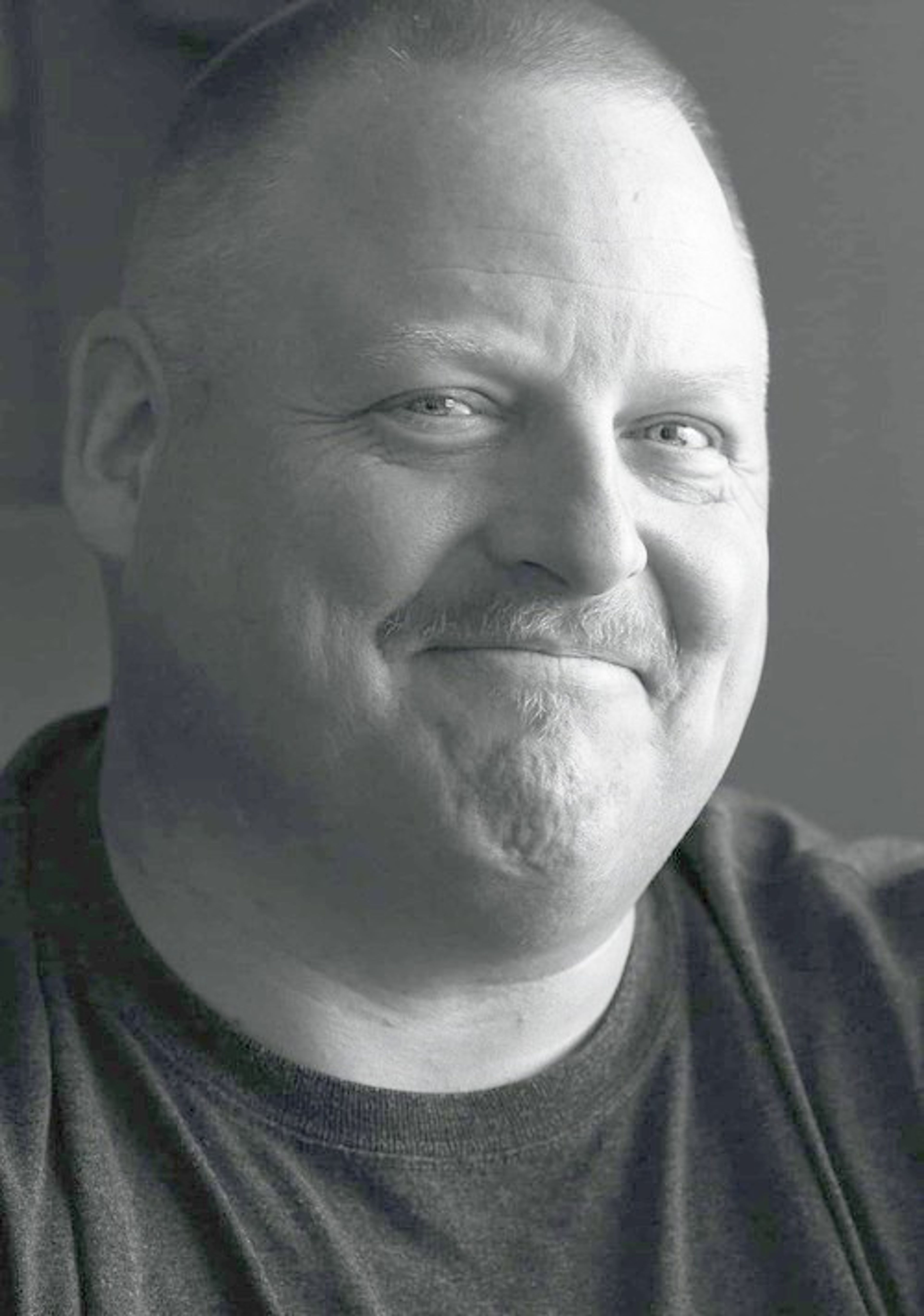“I don’t believe in the God you don’t believe in.” The speaker had just presented a talk on religion. The response was to someone who stated he didn’t believe in God. Similar statements have appeared in recent columns and letters on these pages. I guess it’s my turn.
Atheists surprise me. Most are intelligent and well-educated. They require proof of God but fail to offer proofs for his nonexistence. Proofs are hard to come by, except for in mathematics, a closed universe. “Proving” the nonexistence of something is impossible.
Agnostics are more realistic. They simply say, “I don’t know.” During my agnostic period, I felt that if God existed, he had become irrelevant. There’s lots of evidence for this. Just consider the evils permeating society. Yet, monotheism has been around since history’s beginnings. One God. Why, then, are there so many religions? Estimates of Christian denominations vary, but global numbers top out at 41,000.
If there’s only one God, why do religions disagree? Why do denominations compete? Maybe God is like the elephant examined by blind men. Each finds different things – trunk, tusk, leg, ear, tail, — to describe the whole critter. Millennia of generations within and across cultures have described God, each contributing its own interpretation.
Despite lots of evidence, there’s still no irrefutable proof that God exists – or doesn’t. If “proof” existed, faith would not be necessary. Physical evidence suggests the existence of things unknown in the universe, so why not an unknowable essence that governs the universe?
The electromagnetic spectrum serves as a metaphor. Our eyes see only the visible portion, a tiny fraction of its vast range, a part of the elephant. Technology allows access to larger segments of that spectrum. We understand more and more about that elephant. Instruments, sensing electromagnetic rays of differing wavelengths, provide deeper understanding of the entire spectrum beyond what our eyes can see.
This was not possible until recent decades. Our state of ignorance remains larger than our state of knowledge. We don’t know what we don’t know. This rankles humanity’s collective ego. Generations of people repeat the saw, “We used to think … , but now we know ….” So we constantly re-create God in our own image.
The concept of an unknowable creative essence is traceable to the dawn of history. Belief in the unknowable seems to reflect a common yearning within humanity. Human burial, suggesting religious ritual, dates from 100,000 BCE. Archeology puts the oldest surviving religious texts at about 2,400 BCE.
One commonality among current world religions is the existence of founding prophets. Judaism, Zoroastrianism, Buddhism, Christianity, Islam and most recently the Baha’i Faith -- all were founded by men claiming to be messengers bringing God’s word to renew religion.
What’s the purpose of religion, anyway? “To safeguard the interests and promote the unity of the human race,” according to Baha’u’llah, “and to foster the spirit of love and fellowship amongst men.” He warns, however, “Suffer it not to become a source of dissension and discord, of hate and enmity.”
If there is only one God, why is religion not unified? One explanation is that circumstances change as civilization advances. Followers of earlier religions, including Christianity, couldn’t have comprehended, “Earth is but one country and mankind its citizens.” Who knew about Earth back then?
Religions, originating from that single source known as God, reiterate fundamental truths, like the Golden Rule. Religion also brings new teachings commensurate with contemporary human understanding and compatible with our abilities to implement each new chapter in advancing civilization.
Many scriptures warn of end-time calamities. In the 19th century Baha’u’llah wrote, “The signs of impending convulsions and chaos can now be discerned, inasmuch as the prevailing order appeareth to be lamentably defective.”
On the bright side, convergence of climate change, pandemic, political upheavals, and growing awareness of entrenched systemic social injustices – racial, gender, and economic -- provide unprecedented opportunities to heal these social cancers through unified efforts. As Ben Franklin observed at the signing of the Declaration of Independence: “We must, indeed, all hang together, or most assuredly, we shall all hang separately.”
Opportunity is now. It’s time to unite.
Pete’s interest in religions began when he first encountered atrocities committed in the name of God. Jolie, his wife and draconian editor, restrains him from committing verbal atrocities. He welcomes comment at petes.pen9@gmail.com.








